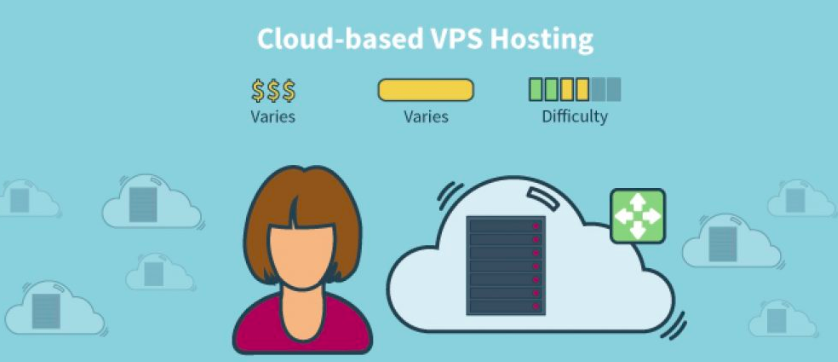The difference between Cloud vs. Managed vs. Virtual Hosting Service
1/. Virtual Hosting Service
A private virtual server is a single server divided its resource into a limited number of users. It is similar for hosting a shared server where there are many user accounts on the same server.
There are fewer users per box in VPS accounts and users get more control over their divided server section. Virtualization software isolates users from each other, although you are not completely separated from being affected by others on the server.
Pros
– less expensive
– Pay for what you need
– Scalable
– Technical support from service provider
Cons
– more expensive than shared hosting
– a risk of allocating the resources inappropriately
2/. Managed Hosting Service
Managed hosting involves hiring a dedicated server in a remote offsite location for one’s utilization. Only the server resources like CPU power, bandwidth and storage are available for that particular end users. The selection of adopting servers varies depending on the end users’ requirements. The OS can be selected by the end users as per their convenience as well.
Pros
– carefree of platform and network performance management
– dedicated IT team is not necessary
– 24/7 support service
– customisable and specialised configuration and solution
Cons
– higher cost of support and config customization
– difficult to scale
– locate resource to a single server may cause the downtime easily
3/. Cloud Hosting Service
Cloud service is a subset of hosted services.
Cloud service is a kind of hosted service. A hosted service which is accessible via the Internet, can’t be called Cloud solution unless they are built to exploit on the collaboration and interconnectivity that is a key part of the cloud.
Cloud application is a web-enabled solution. It means that they are based on a shared virtual environment which is managed by a cloud hosting provider instead of being based on physical hardware. Only the installation of the server and an Internet connection device are required. Cloud servers can be built to deliver different level of performance, security, and controls to configure for the needs of your business.
Pros
– ease of scaling, no matter server or network performance
– pay for what you need
– saving the cost of infrastructure
Cons
– data governance
– manageability
– virtualization security





